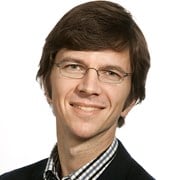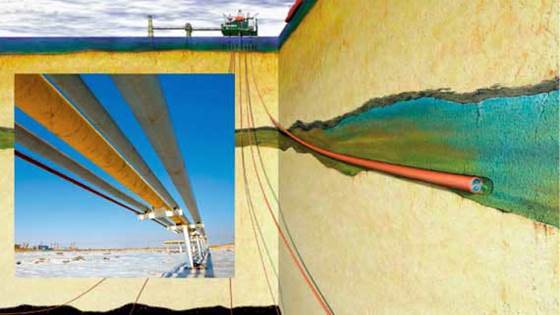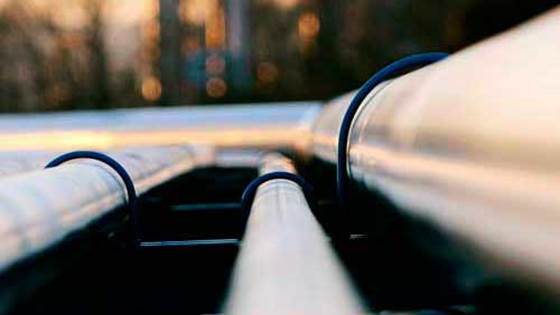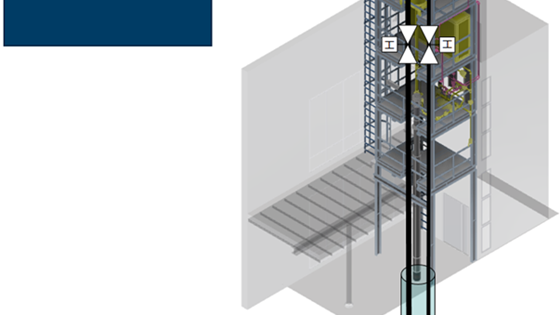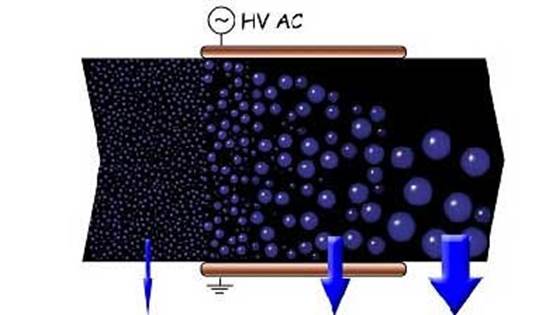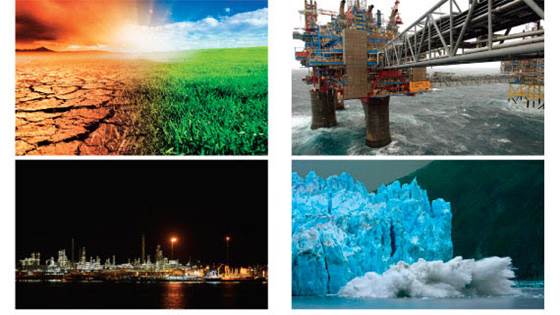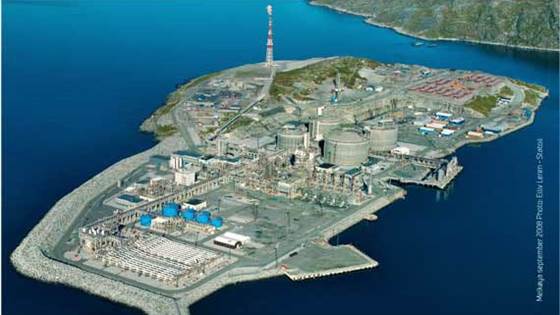We have several in-house 1D and 3D CFD codes. Furthermore, we take part in the design of laboratory set-ups to be used for model development. We deliver data, analyses of models and methods, or software.
We work within these areas:
- CO2 transport and injection – essential to safe and efficient CO2 capture and storage (CCS)
- Depressurization and pressure-wave propagation
- Coupling between thermo and fluid dynamics
- The effect of impurities on the thermophysical properties and the flow
- Coupled fluid-structure model to predict running-ductile fracture in CO2-transport pipelines (collaboration with SINTEF Industry)
- Heat transfer through pipes and wells
- Detailed flow modelling for LNG heat exchangers
- Oil-water separation, including advanced modelling of drop dynamics in an electric field (electrocoalescence)
- Heat transfer using magnetic nanofluids, including pumping without moving parts
- Supervision of PhD and master candidates in collaboration with NTNU
Method:
Our researchers have their background from energy and environmental engineering, physics and mathematics, chemistry and nanotechnology. We strive to achieve a high quality of work, and we have developed our proper code development and testing system.
